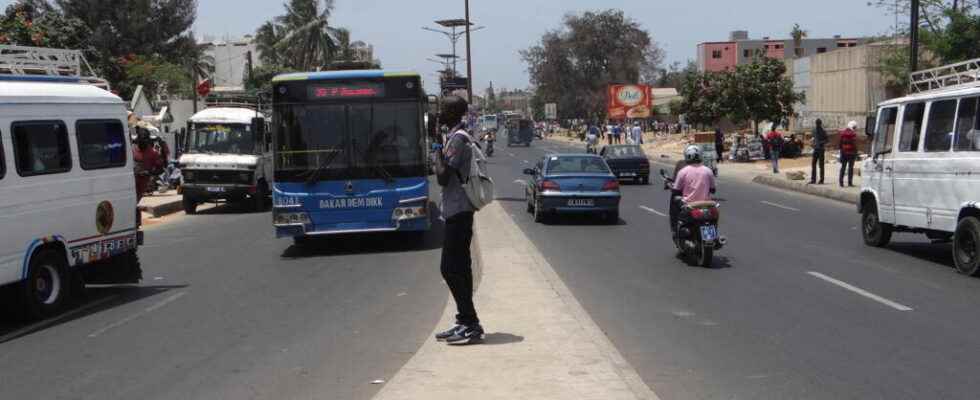In Senegal, an interministerial council opened on Monday, January 9, around Prime Minister Amadou Ba on road safety. The authorities have promised strong measures “, after the collision of two buses which left 39 dead and a hundred injured in the department of Kaffrine, a drama that arouses emotion but also anger.
With our correspondent in Dakar, Charlotte Idrac
This is one of the main topics discussed in this eatery in the capital. For Maïssa Ndiaye, taxi driver, it’s time for a break: ” The problem is everywhere. The tires we drive with have already been driven for two or three years in Europe; the state of the roads… and the penalties fall on the drivers. The main culprit is the state. We make decisions that we don’t apply on the road. »
Coumba, she remains dismayed: “ I was so moved “, she says before advocating, as a measure, so that this does not happen again, “ points permit. The state should sanction “, she insists.
While other road accidents have bereaved several countries on the continent, Thierry Etoka, of Congolese nationality, appeals to everyone’s responsibility: ” I had friends who were victims of accidents. What we ask is that we don’t drive at full speed and then, at night, that there are three or four drivers to take over. »
Twenty years after the sinking of the Joola, which killed nearly 2,000 people, Boubacar Ba, president of the association of victims of the boat, is bitter: ” I’m still dumbfounded. It’s as if someone were telling me again that the Joola had sunk. We are addressed directly. It is essentially the story of indiscipline. Life is sacred, but I feel like now, nobody cares. »
National mourning has been declared until Wednesday.
►Also read: Senegal: at least 39 dead in a tragic road accident
